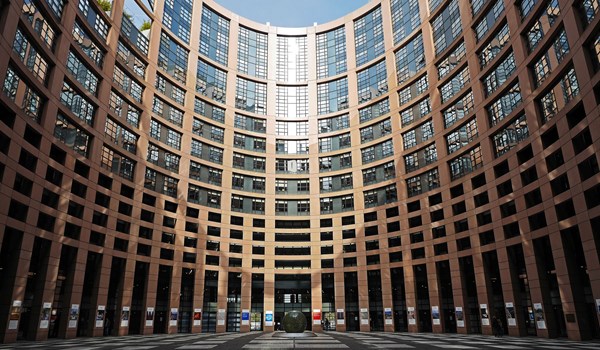Hong Kong’s tax breaks and immigration policies to attract tycoons to set up family offices have been quite successful, as they have piqued the interest of many billionaires over the past year, according to a top banker.
“Hong Kong has a lot of viable reasons for people who are looking to set up family offices here, ranging from flexible regulations and immigration policies to low tax rates and active capital markets,” Paul Knox, managing director and senior wealth adviser at JPMorgan Private Bank Asia, said in an exclusive interview with the Post.
Most of the interest is from the bank’s mainland Chinese and Southeast Asian clients, but inquiries from other parts of the world are increasing, he added.
Do you have questions about the biggest topics and trends from around the world? Get the answers with SCMP Knowledge, our new platform of curated content with explainers, FAQs, analyses and infographics brought to you by our award-winning team.
Hong Kong’s government in March last year unveiled eight measures to entice billionaires to set up family offices for undertaking investments, philanthropy and succession planning. This was followed by a range of tax incentives in May and the setting up of the Hong Kong Academy for Wealth Legacy in November.
Paul Knox, managing director and senior wealth adviser at JPMorgan Private Bank. Photo: Yik Yeung-man alt=Paul Knox, managing director and senior wealth adviser at JPMorgan Private Bank. Photo: Yik Yeung-man>
The government also introduced a revamped investment-migration programme in March this year, providing residency to those who invest HK$30 million (US$3.8 million) or more.
Tax and regulatory environments are the key considerations for wealthy clients when it comes to choosing a destination to set up family offices, according to a recent study by JPMorgan Private Bank in Asia.
“Hong Kong scores well on both counts as the city has flexible regulations and tax incentives,” Knox said.
Another report from JPMorgan Private Bank earlier this year, which surveyed 190 family offices worldwide with an average net worth of US$1.4 billion, found that they were more willing to take higher risks to achieve greater long-term returns.
On average, they invest 45 per cent in alternative assets such as private equity and hedge funds, targeting at least a return of 11 per cent, according to the report. They also invest in traditional investment vehicles, with 26 per cent in publicly listed companies and 20 per cent in fixed income and cash.
“Hong Kong is able to attract family offices as the city’s role as an international financial centre provides access to opportunities across markets and asset classes,” Knox said.
The report found almost 80 per cent of global family offices are working with external investment advisers to diversify their portfolios, which makes Hong Kong a highly attractive destination given the city’s large pool of investment professionals.
Knox said JPMorgan Private Bank, with operations in 100 markets globally, can assist high-net-worth individuals based in Hong Kong and other markets to diversify their investments in different asset classes and markets.
Looking ahead, Knox hopes the government launches new initiatives linked to philanthropy and family governance.
“Our regional family office client survey reveals that after growing assets for future generations, the second-most important goal for families is leaving a legacy through philanthropic efforts,” he said.
“They also feel they need to do more in the area of family governance to have more sophisticated structures to mitigate risks and have better succession planning.”
Family offices also like to outsource some functions to cut down operating costs. Some large family offices with more than US$1 billion in assets under management had an average annual operating cost of US$6.1 million, the report found.



